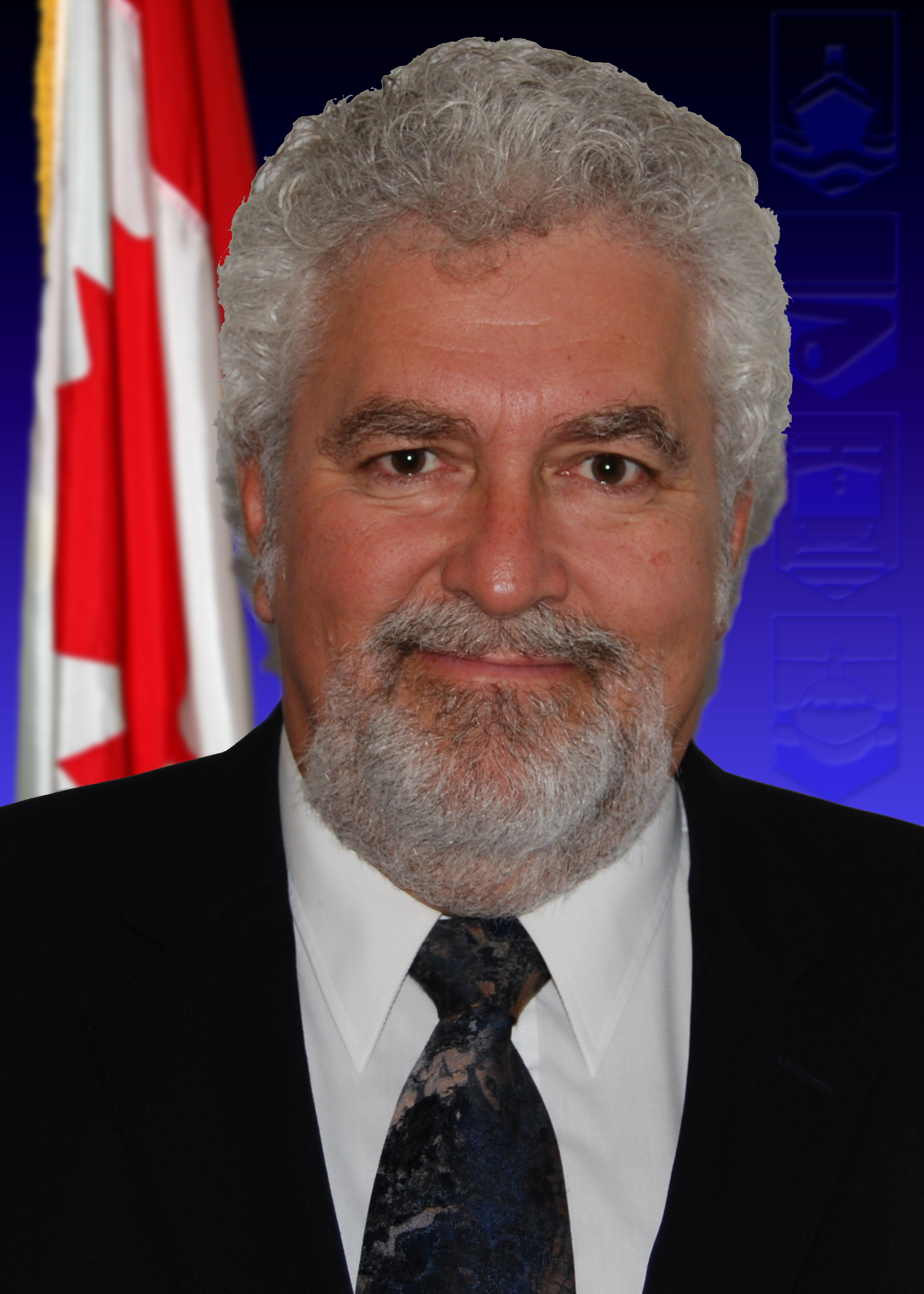Rail transportation safety investigation R13C0069
The TSB has completed this investigation. The report was published on 17 December 2014.
Table of contents
Bridge failure and derailment
Canadian Pacific Railway
Freight train 292-26
Mile 172.5, Brooks Subdivision
Calgary, Alberta
The occurrence
On 27 June 2013, at 0320 Mountain Daylight Time, Canadian Pacific Railway freight train 292 26, proceeding eastward from Canadian Pacific Railway’s Alyth Yard in Calgary, Alberta, to Medicine Hat, Alberta, derailed 6 tank cars on the Bonnybrook Bridge over the Bow River at Mile 172.5 on the Brooks Subdivision. There was no product loss, and there were no injuries.
Media materials
News releases
Unprecedented flood water flow contributed to 2013 Bonnybrook Bridge failure and Canadian Pacific Railway freight train derailment
Read the news release
Deployment notice
Transportation Safety Board of Canada deploys a team to the site of a derailment in Calgary, Alberta
The Transportation Safety Board of Canada (TSB) is deploying a team to the site of a derailment in Calgary, Alberta. Early this morning, a CP train derailed 5 tank cars on the Bonnybrook Bridge. All cars are upright; 4 contain petroleum products and 1 is an empty car containing ethylene glycol residue. The TSB will gather information and assess the occurrence.
Investigation information
Map showing the location of the occurrence
Investigator-in-charge

George Fowler has been with the Transportation Safety Board of Canada since 2002. Before joining the TSB, he held various senior engineering positions over his 30-year career with CN in Edmonton, Kamloops, Montreal and Toronto
Mr. Fowler has extensive knowledge and experience in railroad engineering and has been involved in the investigations of a number of serious railroad occurrences across Canada since joining the TSB.
Download high-resolution photos from the TSB Flickr page.
Class of investigation
This is a class 3 investigation. These investigations analyze a small number of safety issues, and may result in recommendations. Class 3 investigations are generally completed within 450 days. For more information, see the Policy on Occurrence Classification.
TSB investigation process
There are 3 phases to a TSB investigation
- Field phase: a team of investigators examines the occurrence site and wreckage, interviews witnesses and collects pertinent information.
- Examination and analysis phase: the TSB reviews pertinent records, tests components of the wreckage in the lab, determines the sequence of events and identifies safety deficiencies. When safety deficiencies are suspected or confirmed, the TSB advises the appropriate authority without waiting until publication of the final report.
- Report phase: a confidential draft report is approved by the Board and sent to persons and corporations who are directly concerned by the report. They then have the opportunity to dispute or correct information they believe to be incorrect. The Board considers all representations before approving the final report, which is subsequently released to the public.
For more information, see our Investigation process page.
The TSB is an independent agency that investigates air, marine, pipeline, and rail transportation occurrences. Its sole aim is the advancement of transportation safety. It is not the function of the Board to assign fault or determine civil or criminal liability.